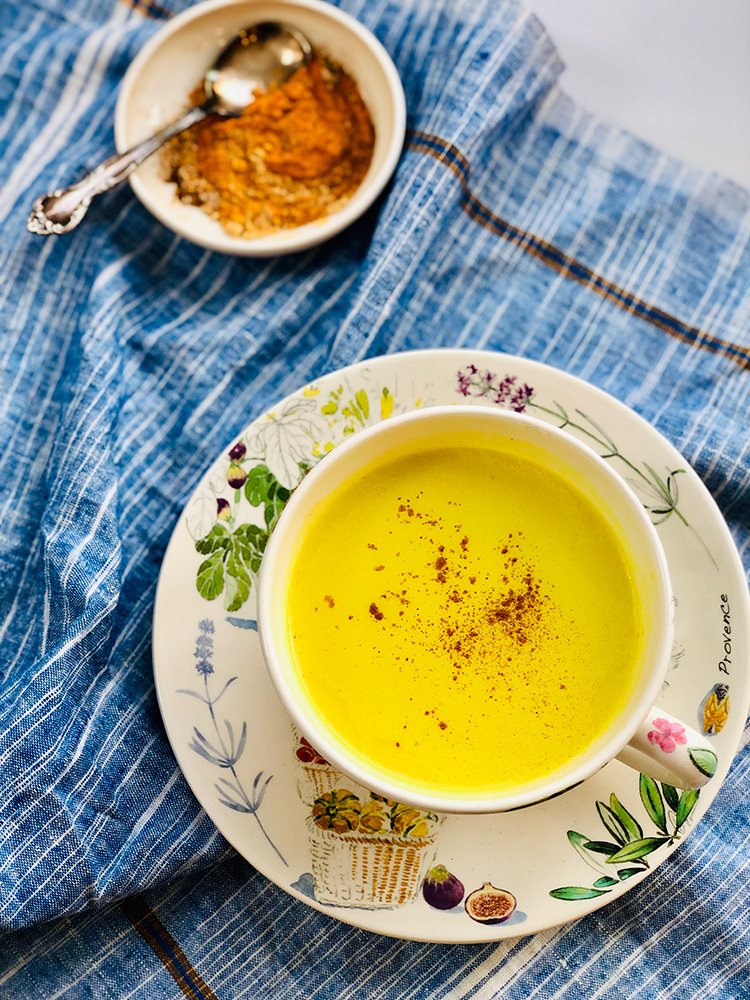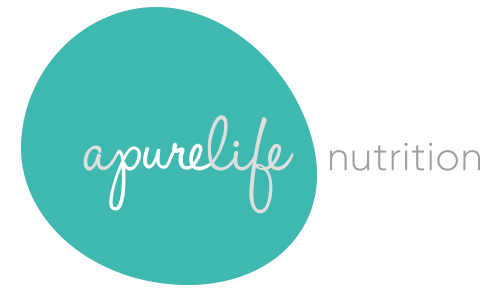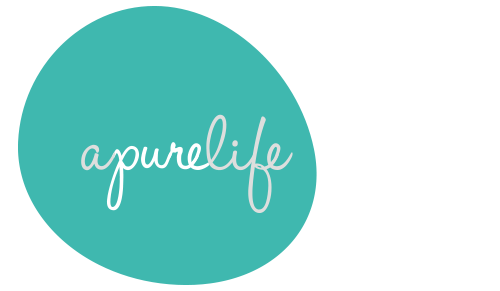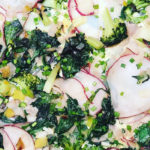
Supporting our Immune System for Winter Well-Being
When I woke this morning at 6:30, the sun was already rising…YAY! This small but significant observation was a very sweet reminder that the winter is waning. It has been a rough cold and flu season, and with the windy days of March ahead, it seems the perfect time to give our immune system a boost.
While we continue to have soups, stews, roasts, braises and other warming foods on rotation at home, this potent herbal “Ginger-Aid” is a go-to remedy when the aches and sniffles come on, or you just need a boost. The all-natural blend of fresh ginger root, lemon zest, and local raw honey, has a medicinal quality that helps soothe sore throats, protect against the common cold, relieve indigestion and reduce inflammation. Add a teaspoon of this fiery paste to a cup of hot water 2-3 times a day to warm your body from the inside.
Many herbs have traditionally been used to support the immune system; astragalus, elderberry, olive leaf, oregano and echinacea among them. These botanicals promote a healthy response to stress, and enhance the microbial balance in the GI tract, among other uses. Adding a daily herbal supplement, will give your immune system extra support. There are several quality brands you can buy in your local health foods store, the nutrition supplement section of most large food markets, as well as a number of online markets. A few of my favorites places to order online, are:
- thrivemarket.com – an online membership to a market of curated brands with a focus on health, sustainability and fair pricing).
- luckyvitamin.com
- vitacost.com
- herb-pharm.com
As the flu made its way through my family recently, we included black elderberry syrup and herb-pharm rapid immune boost as part of our daily routine.
While herbal supplements are a potent, natural way to support your immune system during times of stress, neither they, nor a shot of wheat grass juice will work miracles.
The trifecta: a well-balanced diet, quality sleep, and exercise, reign supreme in their ability to protect your body from infections. Last, but certainly just as important, is the ability to manage stress. Ever notice how a cold seems to come on right after a particularly difficult week at work, or with family? Even a few minutes of daily deep breathing, meditation, and/or stretching can profoundly influence our hormones and overall health. Try diffusing essential oils in your home or office, or put a few drops on a tissue and inhale. Pure essential oils have aromatic molecules that can actually pass right through the blood/brain barrier, directly effecting the areas of our brain in charge of controlling feelings of stress and anxiety. Lavender, clary sage, roman chamomile, frankincense, grapefruit, sandalwood and rose are all wonderful for balancing stress.
On the nutrition front, vitamins A, C, E, folic acid, as well as the minerals selenium, zinc and iron, are all integral to optimal immune function, and consistently eating a wide range of colorful fruits, vegetables, and whole foods, is the best way to ensure that you are getting the full spectrum of nutrients.
While no one-food will magically fend off sickness, certain nutrients take the lead in helping protect your body from billions of bacteria, viruses, and other germs—and protein is one of them. One of the reasons, is that the antibodies that help fight disease are actually made of amino acids (the building blocks of protein). With this in mind, a diet rich in plant protein (ie. tofu, lentils, chickpeas, kidney beans, nuts, seeds and high protein grains like teff and spelt), as well as smaller amounts of grass-fed meat, wild fish and organically raised poultry and eggs, is ideal through the end of winter.
Click here for some veggie-centric recipes that fit the bill.
Vitamin D (the sunshine vitamin) plays a significant role in regulating the immune system/controlling infections. Relatively few foods are naturally rich in vitamin D (fatty fish such as salmon and tuna, and eggs are among them), and widespread deficiency has lead health researchers to promote supplementation. Taking 1000-2000 IU Vitamin D daily may be beneficial, especially until you are out and about in the sun, when the weather gets warm. I recommend checking your levels with a simple blood test at the doctor’s office, and supplementing accordingly.
One on One Consultations
I am always available for a private consultation to talk supplements, dietary recommendations, recipes, and wellness tips that will help you reach your health goals. Just shoot me an email at [email protected]




